Bergamot is a citrus fruit that grows on short trees that bloom in April. Its ripe fruits are collected between November and March.
Data on Bergamot go as far back as ancient Egypt. It was used extensively during the 18th century in the Italian region of Calabria, where even today around 90% of the world's production comes from. It is so characteristic of the region that it has been transformed into its symbol.
Bergamot is a slightly sour fruit. The essence from it is a main ingredient in confectioneries and aromatherapy, while the oil from its peel is used to make tea.
Bergamot is healthy mostly due to its antiseptic, antispasmodic, disinfectant, antidepressant, toning, painkilling and other properties. This fruit supports all bodily systems - the respiratory, circulatory, digestive, excretory and nervous systems.
Bergamot tea in combination with black tea has been proven to decrease fat cells and blood sugar.
But the most widely used bergamot product is the essential oil from it. Besides having a fresh and sweet flavor, it is also an exceptionally healthy product that aids digestion. By consuming it, the secretion of stomach acids is activated and increased. It also improves peristalsis.
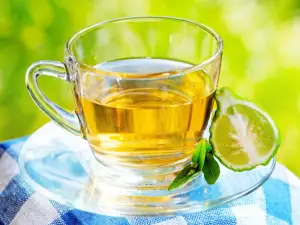
Bergamot essential oil, as well as fresh fruits, are a potent antidepressant because of the limonene and alpha-pinene found therein. They provide feelings of happiness and energy by dulling feelings of sadness and depression.
The increased secretion of hormones acts metabolically. This allows for the secretion of more digestive juices and insulin, which improve digestion. And proper digestion is a prerequisite for normalizing weight and decreasing blood sugar levels.
Bergamot essential oil also contains flavonoids, which have sedative and relaxant properties. They relieve stress and tension, leading to calm.
Besides its other uses, bergamot has antimicrobial and disinfecting properties, thanks to some of the essential oil components. They kill viruses, fungi and microbes.
Often, bergamot essential oil is used for infections of the small and large intestines, urinary tract and kidneys, as well as a protection against the development of skin infections. It is a key ingredient in many soaps and face and skincare products.






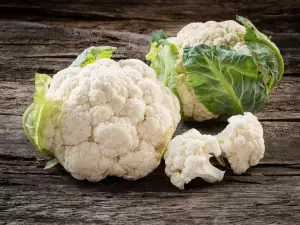




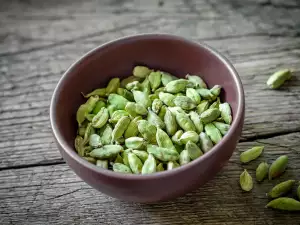
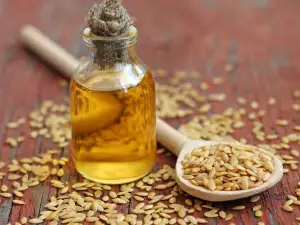
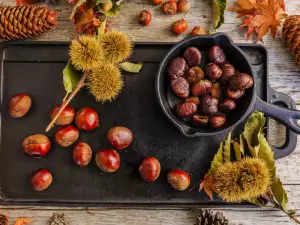
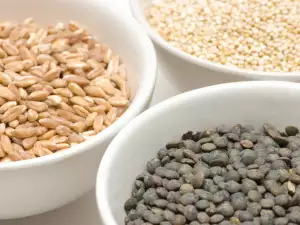
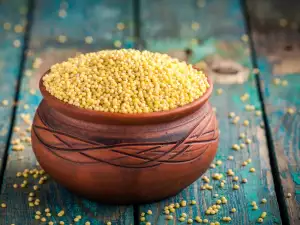




Comments